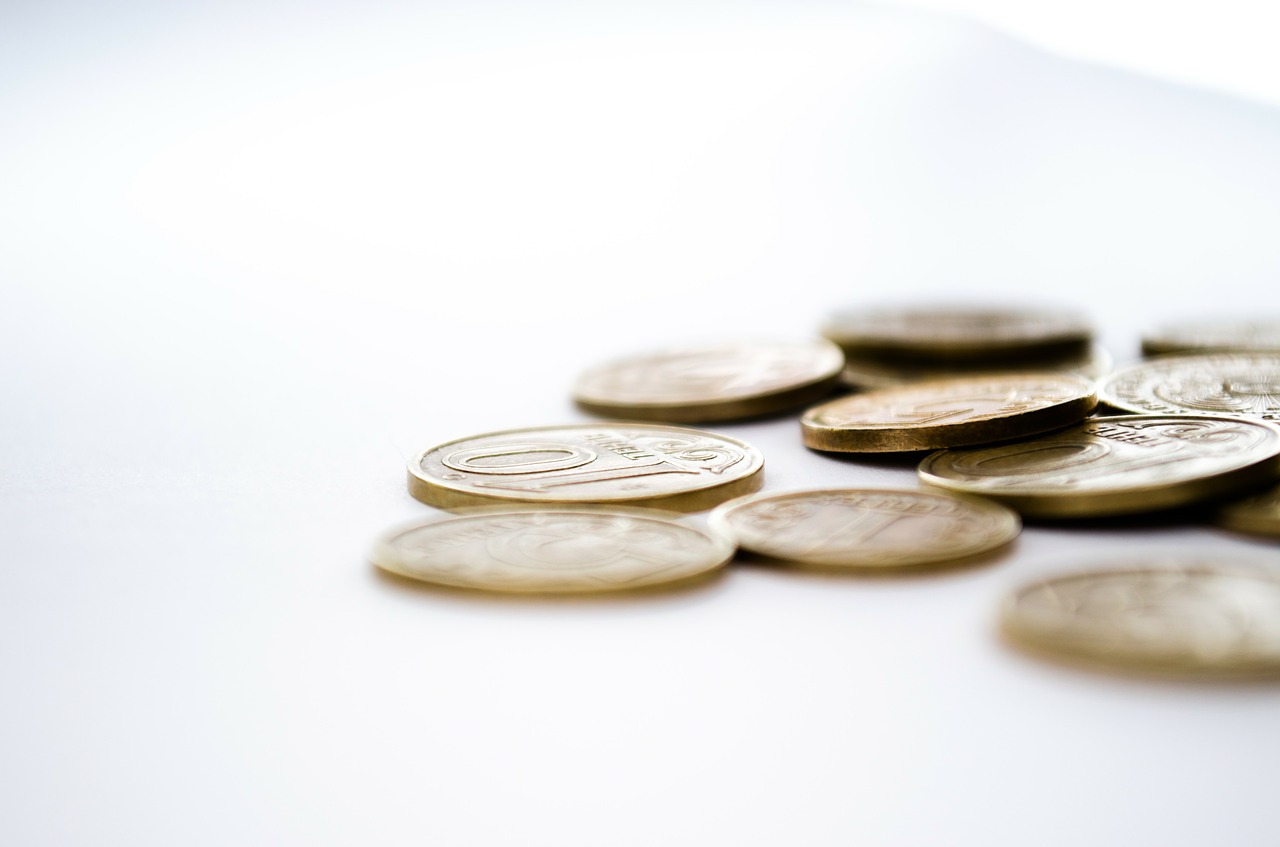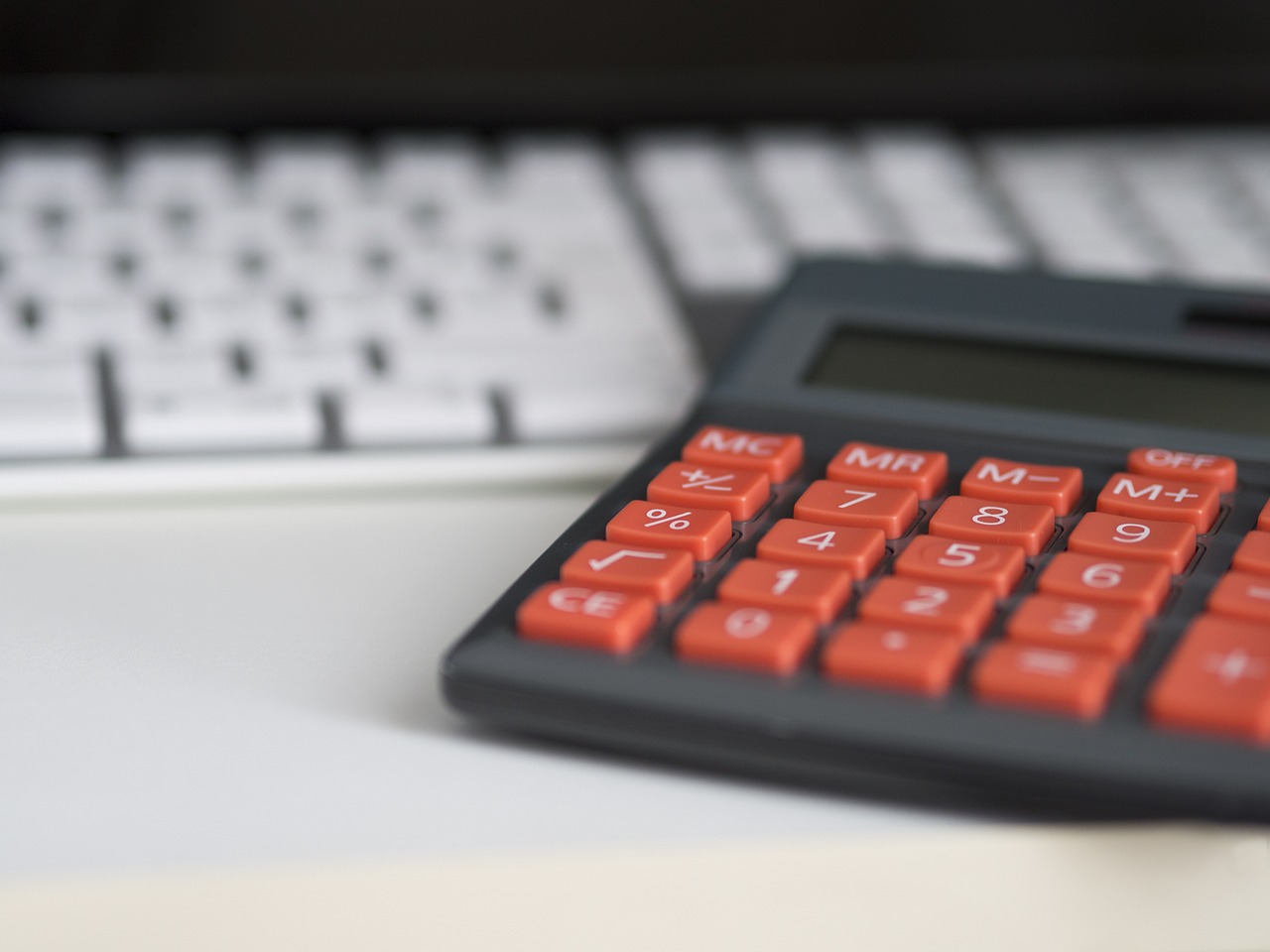Should you Invest in Bonds?
If you’re considering investing in bonds, you’re making a great choice. When you’re thinking about CFD trading, trading bonds is just one of the many options available. Bonds are a way of speculating on interest rates, however when many people are considering appropriate ways to invest they completely overlook bonds.
So what are bonds?
When people need to borrow money they’ll usually go to a bank and take out a mortgage or car loan. But if large corporations, governments, or municipalities need a lot of money to create a mass transit service, fund large-scale research, or build a manufacturing plant, they can’t simply rock up to their local bank and ask for the cash. Banks don’t have this amount of money to spare, so some entities will choose to find the money by issuing bonds to the public.
Bonds are known as debt security, which is kind of an IOU. Since you’re actually loaning money to whoever issued the bond when you buy it, you’re then paid a rate of interest over a certain amount of time. When the bond is due to “mature”, you should get its full value back as well.
There are many different kinds of bonds, and each has different rewards and risks. Some types include government securities, corporate bonds, municipal bonds, and mortgage and asset backed securities.
Every type of bond has a coupon, face value, and maturity date. The duration is a value which is calculated to help you asses the interest rate risk.
The face value is how much you’ll be getting back from whoever issued the bond when it reaches its maturity date. However this amount is not necessarily the amount you paid for the bond. Some trade more than the face value, and others trade for less. The value of the bond will be fluctuating depending on a few different factors including interest rates, market conditions and the credit rating of the issuer.
The coupon is how much interest is paid on the bond. Most bonds will pay this coupon every 6 months, while others could pay annually, quarterly, or even monthly.
The maturity date is when the issuer is due to repay you the face value of the bond. These can range from one day to 100 years. However you’re not stuck with the bond until it matures, and can sell it and buy others at any time.
Trading bonds is a good way to increase the yield of your portfolio. The yield is generally referring to how much you’ll receive if you hold the bond until it matures. Bonds are also generally a good and reliable source of income. With bonds you know how much you can expect to receive and when you’ll be receiving it, which takes out a lot of the uncertainty when compared to other investment methods.
Bonds will reduce the risk of your portfolio, and you’ll usually see some return on your investment within five years. The interest will provide a type of fixed income, making them a good option if you’re approaching retirement.



